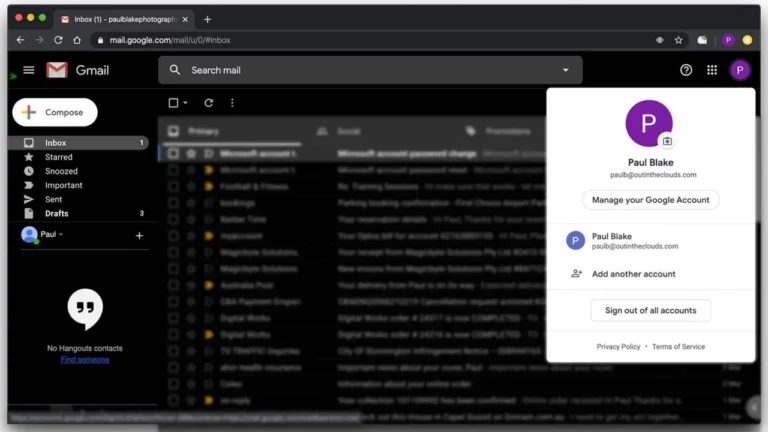3 things to look for when choosing the right telephony system for your small to medium business
Telephony solutions are evolving every day, which makes keeping up to date even harder. Mobility, scalability and cost are all hot topics but each business will have a specific set of requirements that will need to be met as the way we do business changes just about as frequently as the technology does. Picking the right solution for your business can be overwhelming but you will feel a little more at ease if you follow the points below: 1. Does the solution fit your current and future business requirements? This may seem obvious to many of you but it is often overlooked because many businesses get distracted by the bells and whistles and forget about the reason they needed a telephony system in the first place. By speaking to your team and establishing what your telephony system needs to do, you will be less likely to be distracted by what all the shiny stuff can do, because you may not need it. Understanding things like total cost of ownership, scalability and how the solution fits your business type will help you eliminate the solutions not suited to your business. For example, a telephony system for national sales team versus a telephony system for an architectural firm in one location will be quite different. The architectural firm won’t need CLI representation or call recordings but the national sales team most likely would. 2. Make sure you have room to move Be sure about your business direction and future plans before picking your solution. Businesses often choose a solution for the current day and fall into the trap of having to buy a new solution when their business requirements change. To cover yourself for any unforeseen changes, make sure you avoid locking yourself into long term contracts if possible or committing to large amounts of money to install expensive systems upfront if you don’t need to. More established businesses with healthy cash flow may be exempt from this, especially if they are high volume call centre type businesses that need something with lots of time saving features that they can grow in to. Flexible contracts and lower install costs would be better suited to a business that has historically not required many sales resources but may launch a new product or service that requires them to build out a call centre due to high customer demand. 3. Will your solution provider support you through the implementation? Many solution providers will include support hours as part of the purchase, make sure you confirm when their support hours are and what their SLA is for response time. Training and workshops should be included in the purchase also, this is absolutely crucial as there is not much more crippling to a business than a new product roll out with bad or no training for staff. If you don’t have a project manager on your payroll, you should ask your IT contractor for a price to manage the implementation because there should be someone other than the solution provider assisting with this to keep everyone accountable. By planning the project properly with an outcome focused approach, you should be able to pick the right solution for your business requirements that will fit your budget and give your business the flexibility to move with the market without being restricted by the IT supporting it.







